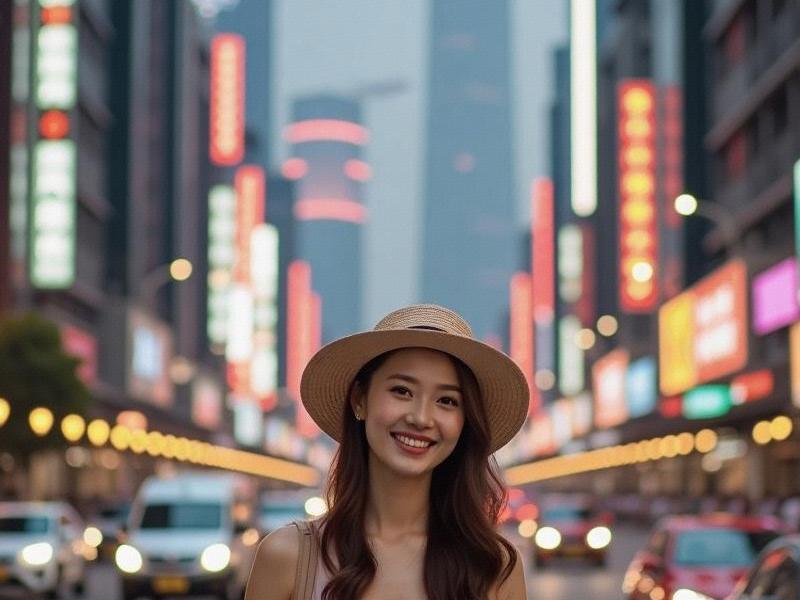This feature explores how Shanghai women are redefining Chinese femininity through their unique blend of traditional values and modern independence, examining their influence on fashion, business, and social norms.

The qipao-clad figures of 1930s Shanghai still haunt the city's collective memory - those legendary "Paris of the East" beauties like Butterfly Wu who symbolized an earlier era of feminine mystique. Yet today's Shanghai woman wears her power differently: perhaps in a tailored Max Mara suit during morning investor meetings, switching to an avant-garde Comme Moi dress for evening gallery openings, all while coordinating her child's international school schedule via WeChat.
Shanghai's female population (48.7% of the city's 24.9 million residents) represents one of Asia's most fascinating social experiments. Here, three generations of women embody China's rapid modernization:
- Grandmothers who survived the Cultural Revolution
- Mothers who rode the first waves of economic reform
上海龙凤sh419 - Millennials navigating globalized dating markets
Fashion tells part of the story. Nanjing Road's luxury boutiques report that Shanghai women spend 37% more on apparel than Beijing counterparts, with particular demand for limited-edition pieces. "They want exclusivity, not just logos," observes Vogue China editor Margaret Zhang. This discerning taste has turned local designers like Uma Wang and Helen Lee into international names.
上海龙凤阿拉后花园 The professional sphere reveals more profound changes. Women hold 42% of senior management positions in Shanghai-based companies (compared to 31% nationally). Pudong's skyscrapers gleam with female financiers - like HSBC China's first female CEO Helen Wong - while tech parks buzz with founders like小红书's Miranda Qu.
Yet contradictions persist. Marriage ages keep rising (now 30.4 for urban women), yet matchmaking corners in People's Park still advertise PhD women as "leftover." Cosmetic surgery clinics proliferate near traditional tea houses. Even the iconic Shanghainese "nagging" (撒娇) - that art of feminine persuasion - gets updated through livestream sales tactics.
上海品茶工作室 Cultural commentator Li Yining notes: "Shanghai women have always been China's avant-garde. In the 1920s they fought foot-binding, in the 1990s they pioneered white-collar careers, and today they're renegotiating work-life balance on their own terms."
Their influence radiates beyond city limits. When Douyin trends like "Shanghai Lady Morning Routine" go viral, they shape beauty standards across China. When businesswomen like Alibaba's Lucy Peng speak at global forums, they redefine international perceptions of Asian femininity.
As 28-year-old tech entrepreneur Zhao Min puts it: "My grandmother's pride was surviving hardship. My mother's was buying our first apartment. Mine? Building a company that solves real problems - while looking damn good doing it." This multigenerational confidence, as much as the Huangpu's waters, may be Shanghai's most enduring landmark.